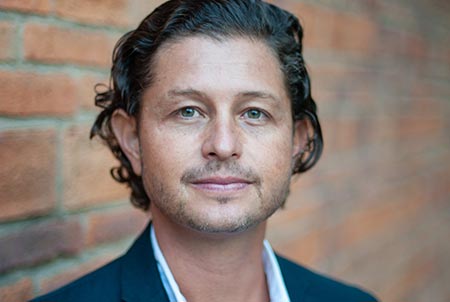Livestock Community
Sustainable Aquaculture: Rethinking Animal Nutrition with Kurt Servin
Brought to you by Jefo Nutrition
Share now!
Did you enjoy this episode?
Share now!
Sustainable Aquaculture: Rethinking Animal Nutrition with Kurt Servin
Aquaculture must evolve to meet environmental challenges while ensuring efficient and profitable production. Kurt Servin, an aquaculture expert and consultant at Jefo, sheds light on the innovations transforming aquaculture feed.
In this episode of Livestock Community, he shares his expertise on new protein sources (insects, algae, plants), nutrition optimization, and the impact of technologies and certifications on the sector’s sustainability.
How can performance and environmental responsibility be balanced? What solutions exist to reduce dependence on fishmeal and fish oil? Kurt Servin provides concrete insights into rethinking aquaculture nutrition for the future.
A fascinating discussion for anyone interested in the future of aquaculture and food innovation!
Our guest - Dr. Kurt Servin

With a Ph.D. in Marine Science and an MBA, Dr. Kurt Servin has extensive expertise in aquaculture, aquafeed nutrition, farm management, and business intelligence. He earned his Ph.D. from Plymouth University, studying natural prebiotics and probiotics to boost shrimp immunity and stress tolerance.
Dr. Servin’s research focuses on ingredient functionality and gut modulation in aquatic species, promoting welfare and product quality. For over 18 years, he has been a respected speaker at global aquaculture events and has co-authored peer-reviewed publications in journals like Sustainability and Aquaculture Nutrition, advancing sustainable practices and fish meal reduction in aquafeeds.
Contact
Join the Livestock Community
Timestamps
(00:21) – Can you define what sustainability means in the context of aquafeeds?
(01:26) – What are the primary ingredients used in sustainable aquafeeds?
(02:18) – How does reducing fishmeal and fish oil in feeds contribute to sustainability?
(02:56) – What are the main challenges in formulating sustainable aquafeeds?
(03:57) – What role does technology play in developing sustainable aquafeed?
(05:00) – Can you discuss the potential of insect meals as a sustainable feed ingredient?
(05:46) – How does the use of algae in aquafeeds contribute to sustainability?
(06:30) – What are the environmental benefits of using plant-based ingredients in aquafeeds?
(07:17) – How can feed conversion ratio (FCR) be improved to enhance sustainability?
(08:11) – What role do feed additives play in sustainable aquafeeds?
(09:13) – How can producers balance cost and sustainability in feed formulations?
(10:10) – What are the advantages of using local feed ingredients?
(11:08) – What certifications or standards should producers look for in sustainable aquafeeds?
(11:51) – How can I, as a producer, monitor and evaluate the sustainability of my aquafeed practices?
(14:10) – What role does research and development play in advancing sustainable aquafeeds?
(15:08) – How can collaboration within the industry promote sustainability in aquafeeds?
(16:28) – What future trends do you foresee in sustainable aquafeeds?
(17:32) – What advice would you give to producers seeking to transition to more sustainable aquafeeds?
